OLYMPIA, Wash. — Washington Gov. Bob Ferguson announced Monday that the state will not comply with demands from the U.S. Department of Justice (DOJ) to end its sanctuary policies, even under the threat of losing federal funding.
The announcement came as the DOJ, under U.S. Attorney General Pam Bondi, set a deadline for Washington, Oregon, Boston, and several other jurisdictions to eliminate policies that limit cooperation with federal immigration enforcement.
DOJ Threatens Funding Cuts
Last week, the Department of Justice published a list of states, counties, and cities identified as having policies that “impede law enforcement.” Both Washington State and the City of Seattle were named, along with Oregon and Portland.
At a press conference, Bondi issued a stern warning, stating that officials who obstruct federal immigration enforcement could face criminal charges in addition to the loss of federal aid.
“Sanctuary policies impede law enforcement and put American citizens at risk by design,” Bondi said. “The Department of Justice will continue bringing litigation against sanctuary jurisdictions and work closely with the Department of Homeland Security to eradicate these harmful policies around the country.”
Bondi also reiterated the administration’s stance that local governments have no authority to limit cooperation with federal immigration agencies.
Ferguson Stands Firm
Gov. Ferguson pushed back strongly, declaring that Washington would not be coerced into abandoning its commitment to protecting immigrant families.
“The federal government’s relentless targeting of law-abiding immigrants is wrong,” Ferguson said in a statement. “Protecting hardworking Washingtonians who are abiding by our state laws and keeping families together reflect our values as a state.”
Ferguson’s remarks echoed the views of many Washingtonians who argue that sanctuary policies strengthen community trust by ensuring immigrant residents feel safe reporting crimes, seeking healthcare, and engaging with public institutions without fear of deportation.
Oregon and Seattle Respond
The federal pressure campaign sparked immediate responses from other leaders on the DOJ’s list. Oregon Gov. Tina Kotek also rejected the ultimatum.
“Oregon will not be bullied into doing the federal government’s job of immigration enforcement,” Kotek said. “Our policies are about protecting families, building safer communities, and ensuring that everyone has access to essential services.”
In Seattle, Mayor Bruce Harrell denounced Bondi’s demands as a distortion of the city’s policies.
“Once again, the Trump Administration continues to target ‘sanctuary cities’ and perpetuate a narrative about our communities and laws that are furthest from the truth,” Harrell said in a statement. “Immigration enforcement is the exclusive responsibility of the federal government. The City neither interferes with nor carries out those federal duties.”
Harrell confirmed that Seattle is reviewing the Attorney General’s letter but made clear the city “strongly disagrees” with its claims.
“Our laws and policies protect the safety, privacy, and constitutional rights of all Seattle residents while remaining compliant with applicable law,” Harrell added. “We remain committed to our local values, including being a welcoming city for all. We will continue to defend our residents and our rights — and we will not hesitate to do so in court.”
Boston Joins Opposition
The city of Boston, also listed by the DOJ, voiced its opposition during a press conference led by Mayor Michelle Wu.
“Stop attacking our cities to hide your administration’s failures,” Wu said. “Unlike the Trump administration, Boston follows the law and Boston will not back down from who we are and what we stand for.”
Wu pointed to the Trump administration’s history of deploying federal forces to cities like Los Angeles and Washington, D.C., to “stoke fear and disorder.” She pledged that Boston would stand with other cities preparing to challenge the DOJ’s actions in court.
“Boston stands with these cities as they sue over his abuse of power,” Wu said.
Broader National Context
The dispute comes amid an intensifying national battle over immigration policy. The Trump administration has moved aggressively to force local governments into compliance with federal immigration enforcement, often by threatening funding for public safety, housing, and community programs.
Critics argue these threats disproportionately harm vulnerable populations by stripping away resources intended for healthcare, education, and public safety.
Immigrant advocacy groups say sanctuary policies are critical in protecting undocumented residents who might otherwise avoid interacting with police or public institutions. Without these protections, they warn, victims of domestic violence, wage theft, or other crimes may remain silent out of fear of deportation.
Legal Battles Ahead
Legal experts say the showdown is likely headed for the courts. Previous attempts by the federal government to withhold funding from sanctuary jurisdictions have faced significant challenges, with courts often siding with cities and states that argue federal threats violate constitutional principles of local autonomy.
Gov. Ferguson, who previously sued the Trump administration on issues ranging from travel bans to environmental rollbacks, hinted that Washington is prepared for another legal fight.
“We have successfully defended our state’s values in court before, and we will not hesitate to do so again,” Ferguson said.
What Comes Next
As the DOJ’s deadline passes, all eyes are on whether the federal government will move to cut funding or initiate lawsuits against Washington and other sanctuary jurisdictions. Local leaders, meanwhile, are signaling they are prepared to fight back — both politically and legally.
For residents in cities like Seattle, Portland, and Boston, the standoff underscores the ongoing tension between federal immigration enforcement and local values of inclusivity and protection.

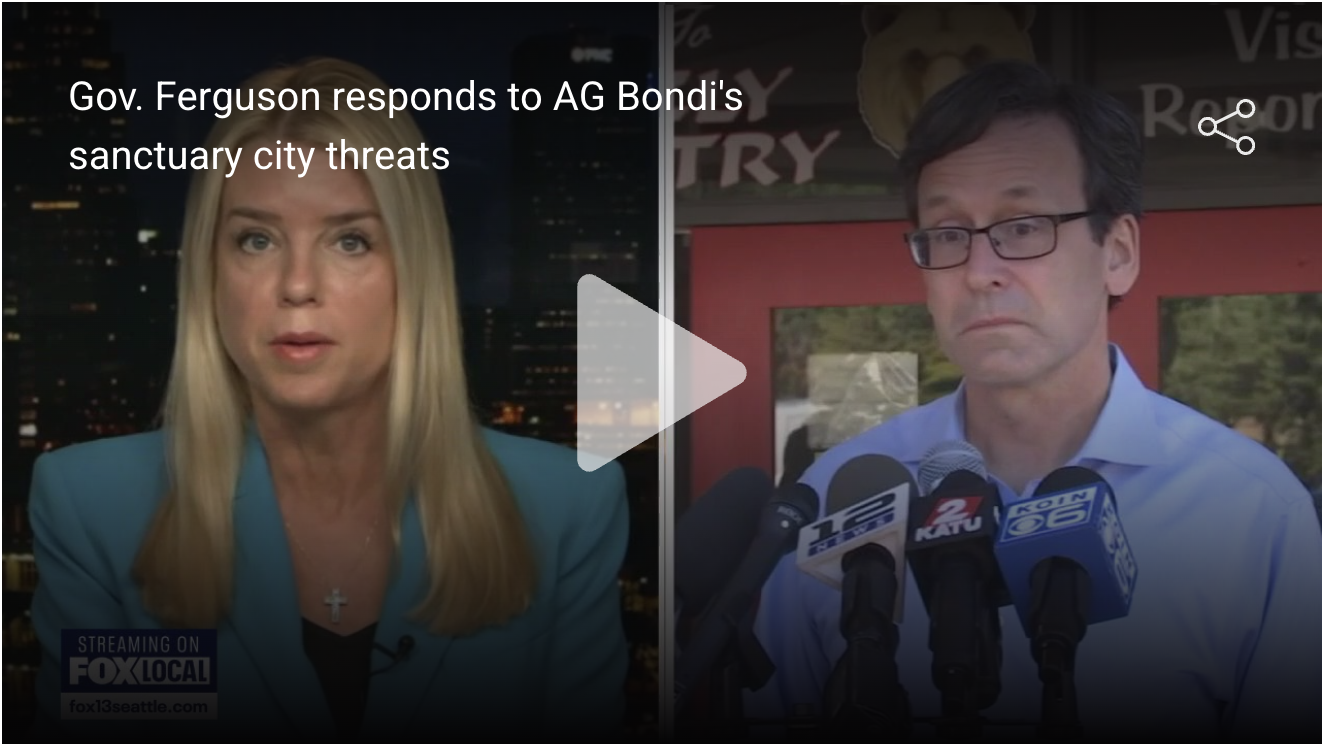




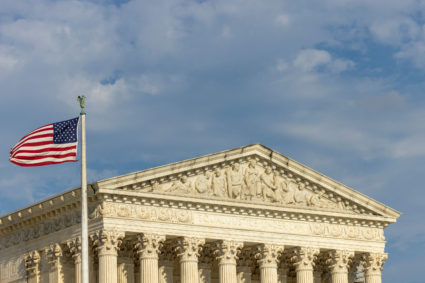

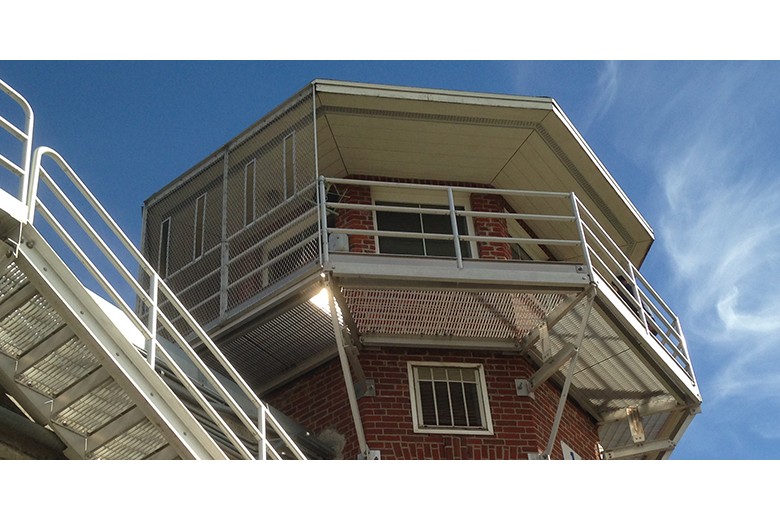
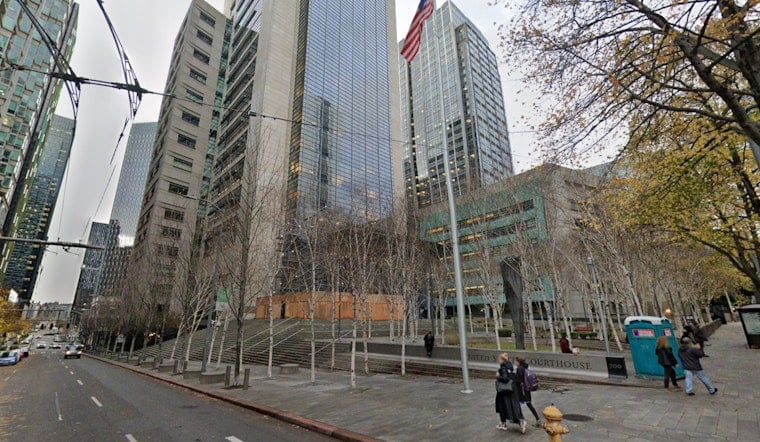





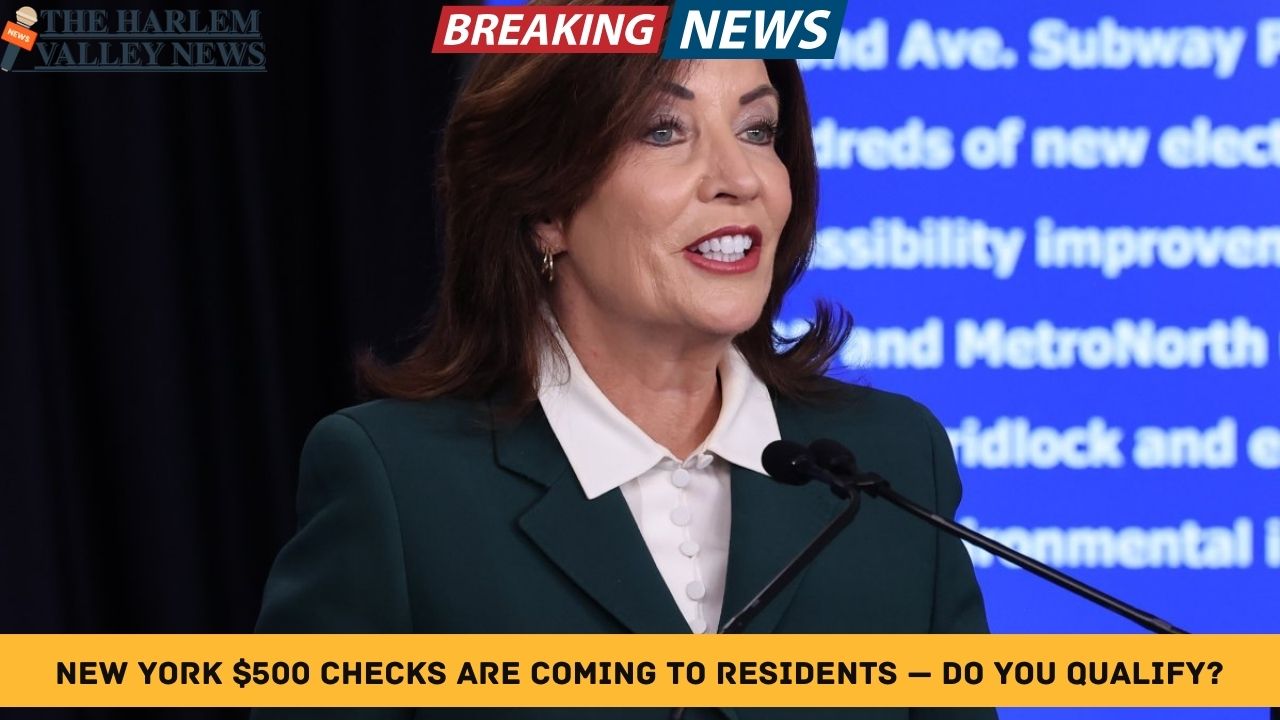
Leave a Reply